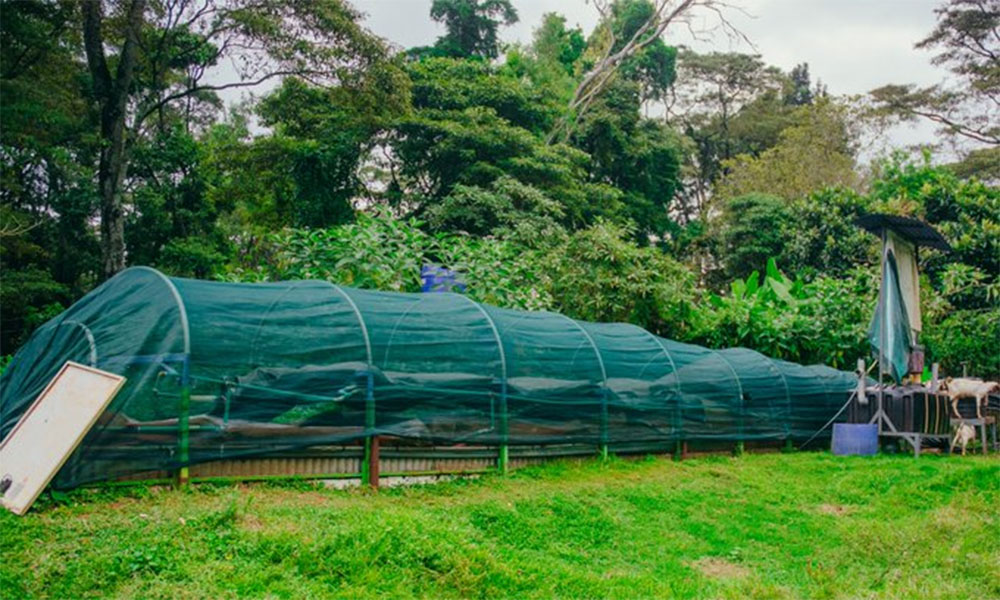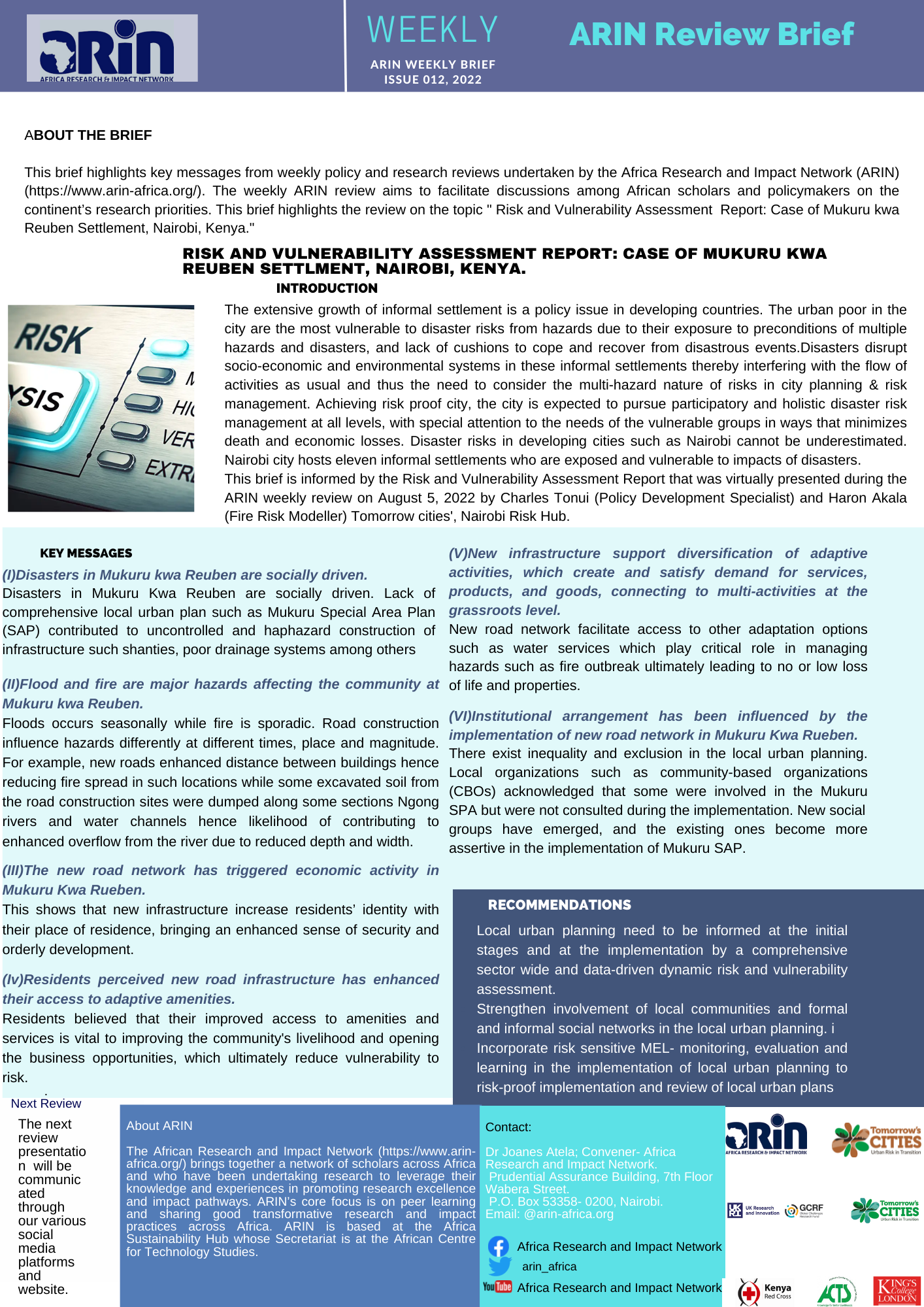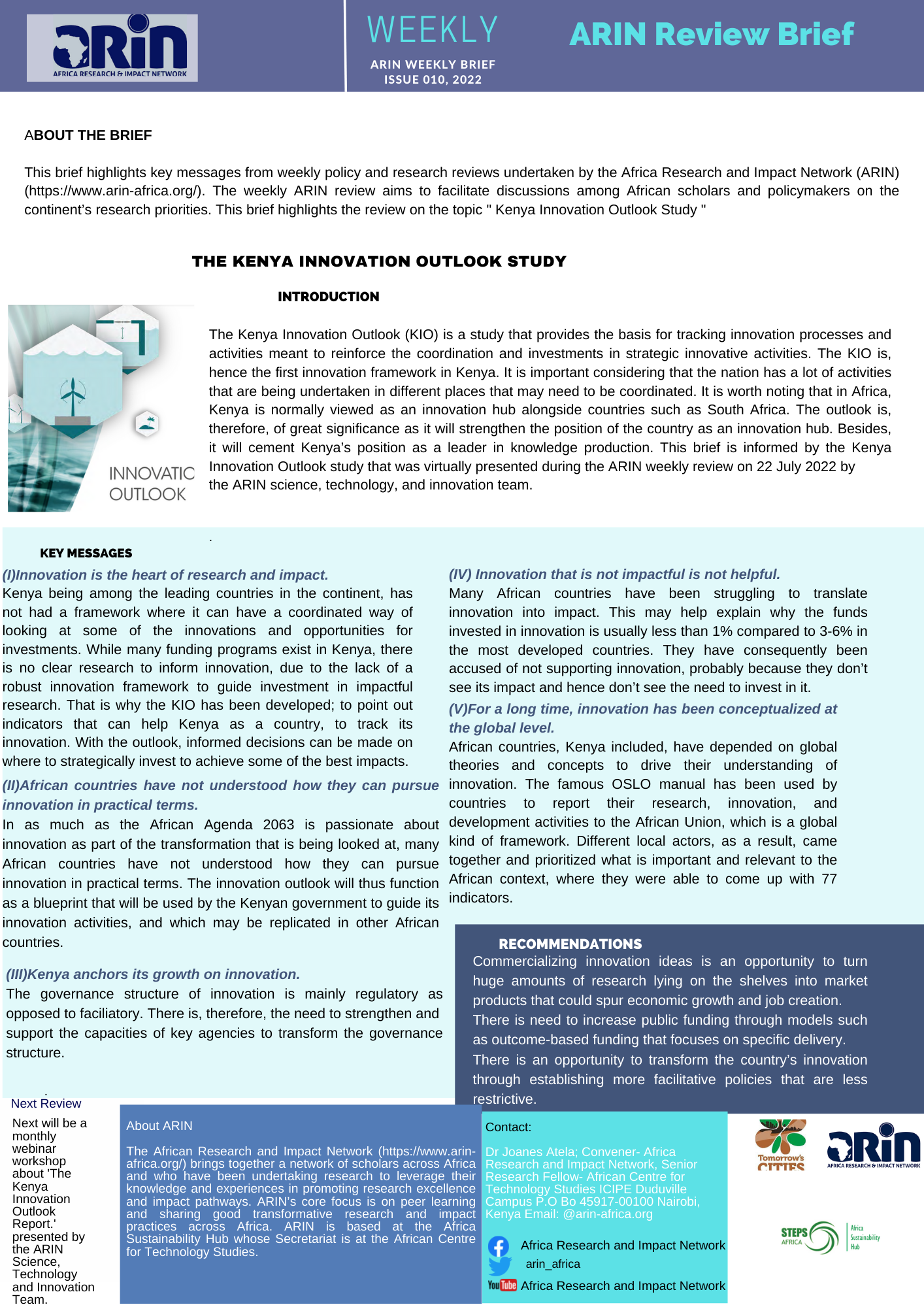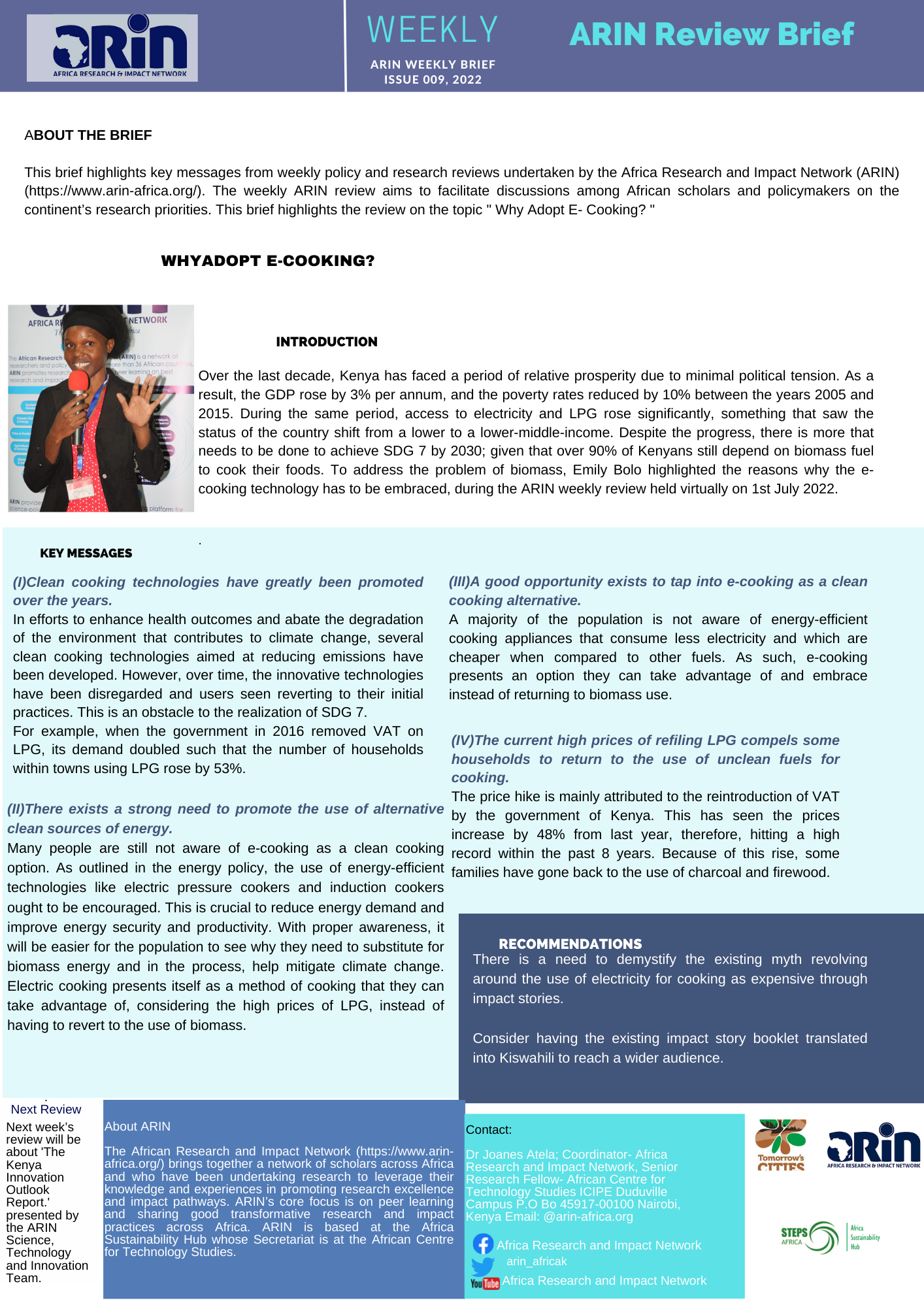On Friday the 14th of August, 2020, ACTS hosted a webinar on INCLUSIVE ENERGY IN KENYA. The discussion particularly zeroed in on uses of energy in the informal settlements and the effect of COVID 19 pandemic on access and use of different forms of energy. The webinar brought together researchers in the energy sector, energy experts and producers and different policy makers.
The discussions centered on the different uses of energy in the informal settlements; lighting and cooking. For lighting purposes, electricity, solar and kerosene are the commonly used while charcoal, paraffin and LPG are most popular for cooking. It also explored the changes in uptake of different forms of energy that has been occasioned by the pandemic. It was reported that most households are now back to using kerosene for both lighting and cooking since they can easily afford it based on their decreased purchasing power. This exposes them to indoor air pollution which impacts their health and exacerbates their vulnerabilities.
Further into the meeting, participants listened to testimonies from both commercial and household users of energy in the informal settlements and opinions from experts. The featured end-users made it clear that their choice of energy is determined by the cost, access and reliability. Consequently, they end up using unclean energy such as kerosene, firewood and charcoal, despite their preference of clean energy.
Recommendations were then made for the government to implement policies and incentives that will make clean energy sources such as LPG, solar, biogas and electricity affordable especially by reducing the initial cost. Furthermore, introducing credit facilities to residents of informal settlements to enable them purchase clean technologies in installments would facilitate this.
A lot remains to be done in regard to national energy policies to ensure they encompass the urban poor. This is a challenge especially now that the Finance Act 2020 threatens to derail gains in promoting clean energy access by levying VAT on clean energy equipment such as cookstoves, solar and wind equipment and solar batteries.
Multi-stakeholder engagement will continue so as to help residents of informal settlements switch to cleaner sources of energy at a cost they can afford and sustain. This will ensure the government leaves no one behind in its pursuit for sustainable energy for all, as desired by the UN Sustainable Development Goal 7.




